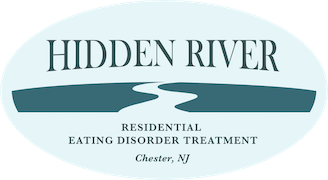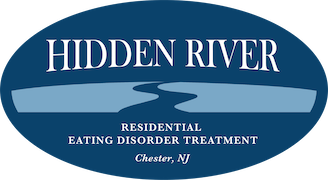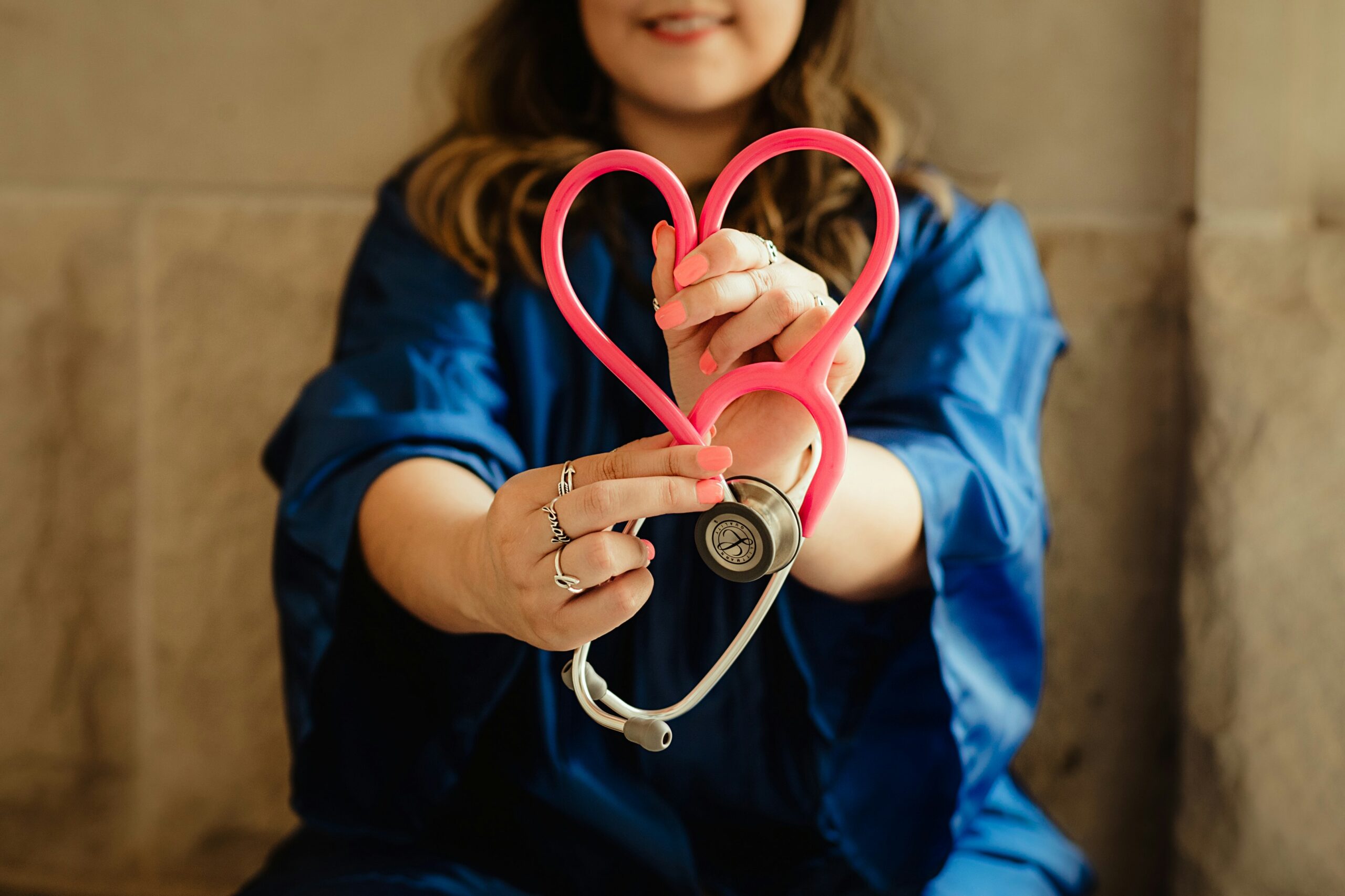How Body Image Impacts Different Eating Disorder Diagnoses
Every day, we see ourselves in the mirror, in the pictures we take, and in the window reflections we walk past. Our images are inescapable — and for most people, they might not even notice. For others, however, unhealthy body image can mean that seeing themselves is a distressing experience.
Body image also has significant impacts on eating disorders, which we’ll explore in today’s blog post.
Before we dive deep into this topic, let’s answer an important question: What is body image? According to The Mayo Clinic, it describes the way that people think about or perceive their bodies, including how they feel about themselves (1). It can also be described as the image that people have of themselves, like when they’re prompted to imagine what they look like to someone else. Body image encompasses beliefs about appearance and the perception of how a person’s body moves through space (2). The National Eating Disorders Association (NEDA) shares that the way people see themselves is made up of their memories and assumptions about their bodies, such as, “When I was a kid, I couldn’t keep up with the other kids at recess — therefore, I’m fat” (2).
There are a few influencing factors when it comes to self-perception. Most young people take in relentless messaging from the media — especially social media — about what it means to be attractive. These messages are generally unrealistic when it comes to body shape and size. Pop-ups on social media sites continuously send children and teenagers harmful ideas and images about what it means to be beautiful or even socially valuable. When young people don’t meet impossible standards of the images presented to them, their self-image and confidence can take a huge hit (1).
Why is a healthy body image important?
Body image is an important part of a person’s self-identity — and it can have huge impacts on their mental health (2). The Mayo Clinic reports that young people who have a negative self-image have an increased risk of experiencing low self-esteem, depression, and substance abuse. They’re also at a higher risk of developing an eating disorder (1).
A 2023 study assessed a group of 777 medical students about their self-perception, stress levels, and risk of eating disorders. It found that there was a strong positive relationship between body image and perceived body shape and eating disorder behaviors. This study also showed that there was a link between self- image and quality of life as well as self-esteem (3).
Finally, let’s consider how self-perception impacts different eating disorder diagnoses.
Negative self-image is a key symptom that makes up an eating disorder diagnosis, as many eating disorder diagnoses include issues with perceived body shape and size or even body dysmorphia. Eating disorders develop for a wide range of reasons; however, NEDA shares that negative self-perception is one of the best-known contributors (2). Body image is the tip of the iceberg when it comes to mental health, as it’s made up of many different dimensions that could potentially have a negative impact on a person’s wellbeing.
Negative body image may bring up feelings of shame or anxiety, as if everyone in the room is watching. Self-image could also play into insecurities or anxieties that an individual has about their skin color, physical features, ability status, or gender identity and expression (2). NEDA reports that body dissatisfaction is higher for those who experience binge eating disorder (BED) and that body image challenges might contribute to other symptoms of eating disorders, such as excessive exercise or harmful restrictive dieting (2).
Because self-image is such an important factor when it comes to eating disorder diagnoses, addressing its challenges plays an important role when it comes to preventing or treating eating disorders. The treatment team at Hidden River understands how self-perception impacts overall wellbeing, which is why they provide their residents with holistic treatment options that include a high-quality therapy program to strengthen self esteem and confidence.
To learn more about how your child can benefit from Hidden River’s services, please reach out to info@hiddenriverhealing.com or call (833) 307-4837.
References
- Mayo Clinic Health System (2021). “Promoting healthy body image in children, teens.” Accessed 8 July 2024 at https://www.mayoclinichealthsystem.org/hometown-health/speaking-of-health/promoting-healthy-body-image-in-children-teens.
- National Eating Disorders Association (n.d.) “Body image and eating disorders.” Accessed 8 July 2024 at https://www.nationaleatingdisorders.org/body-image-and-eating-disorders/.
- Mallaram, G.K. et al. (2023). Body image perception, eating disorder behavior, self-esteem and quality of life: a cross-sectional study among female medical students. Journal of Eating Disorders, 11, 225.






Leave a Reply
You must be logged in to post a comment.